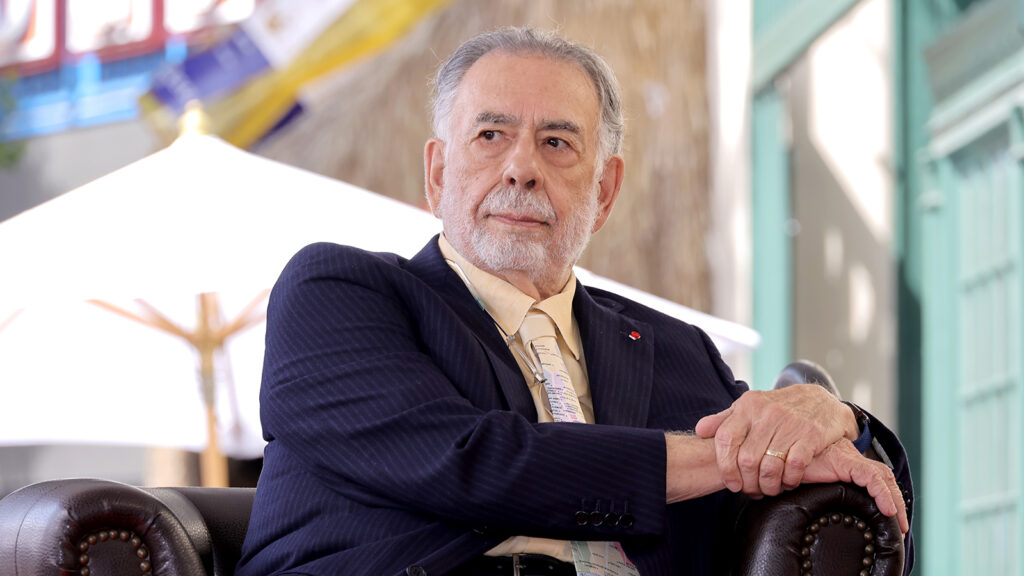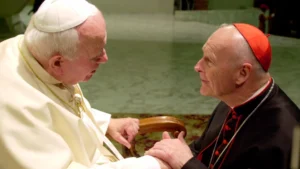The Visionary Director Behind Cinematic Masterpieces
On April 7, 1939, Francis Ford Coppola was born in Detroit, Michigan, into a family deeply rooted in the arts. His father, Carmine Coppola, was a flutist and composer, and his mother, Italia, was an actress. From these creative beginnings emerged one of the most influential filmmakers in the history of cinema Francis Ford Coppola.
Coppola studied theater and filmmaking at Hofstra University and later at UCLA Film School, where he honed his storytelling and directorial skills. He began his career working under the legendary Roger Corman, learning the craft of low-budget filmmaking before establishing himself as a director of profound vision and ambition.
His breakout came with “The Godfather” (1972), a film that redefined the gangster genre and won three Academy Awards, including Best Picture. He followed it with “The Godfather Part II” (1974), which not only matched the brilliance of its predecessor but surpassed it in critical acclaim, earning six Oscars, including Best Director for Coppola himself Francis Ford Coppola.
In 1979, Coppola released “Apocalypse Now”, a haunting and visually stunning adaptation of Heart of Darkness set during the Vietnam War. The film, known for its turbulent production, became a cultural touchstone and solidified his reputation as a daring and visionary director.
Throughout his career, Coppola championed creative independence, often financing his own projects to maintain artistic control. Other notable works include The Conversation, The Outsiders, Bram Stoker’s Dracula, and Rumble Fish. Beyond directing, he has produced and supported the careers of other filmmakers, and is also known for his ventures in winemaking and hospitality Francis Ford Coppola.
Coppola’s influence extends to his talented family, including his daughter Sofia Coppola, an acclaimed filmmaker in her own right, and his nephew Nicolas Cage. His enduring impact on film is a testament to his fearless creativity, innovative spirit, and commitment to storytelling.









